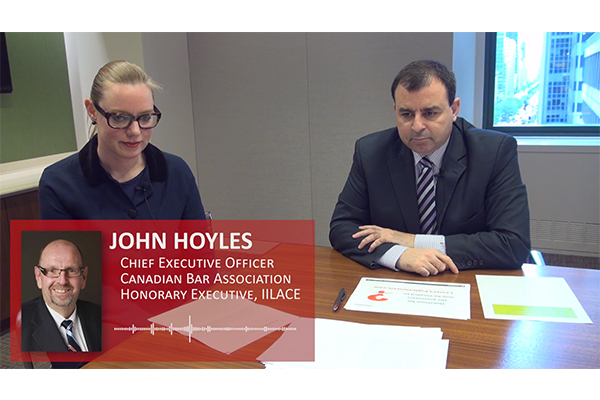Economic growth, traditionally measured by an increase in gross domestic product (GDP), has long been viewed as a primary indicator of a country's success and wellbeing. However, in the modern era, a broader and more holistic perspective has been established, considering not just economic gains, but also social and environmental impacts. This broader perspective is embodied in the Sustainable Development Goals (SDGs) set by the United Nations in 2015, which offer a comprehensive framework that addresses social, environmental, and economic challenges. The SDGs consist of 17 interconnected goals, including no poverty, zero hunger, good health and well-being, quality education, gender equality, clean water and sanitation, and affordable and clean energy, among others. Each goal is tied to multiple targets, which are intended to address a wide array of issues ranging from reducing income inequalities to tackling climate change.
The relationship between economic growth and the SDGs is intricate and multifaceted. On one hand, economic growth can provide the necessary resources for countries to invest in areas like education, healthcare, and infrastructure, which directly correspond to several SDG targets. An economy that is flourishing can generate jobs, reduce poverty, and increase the standard of living for its population. This, in turn, can pave the way for improvements in other areas, such as health outcomes and educational attainment, as there is a greater allocation of resources available to be channeled into public goods and services.
However, unchecked economic growth, especially if driven by unsustainable practices, can also be counterproductive to the realization of the SDGs. For instance, growth driven by non-renewable energy sources can exacerbate environmental problems, thus hindering the progress of goals related to climate action or life below water. Similarly, if economic growth is achieved without proper regulations and policies, it can result in increased income inequality, undermining goals related to reduced inequalities. This dichotomy highlights the necessity for countries to not just pursue growth, but to pursue sustainable and inclusive growth, ensuring that economic advancements do not come at the expense of social and environmental wellbeing.
This balanced approach necessitates a synergy between policy makers, businesses, and civil society to create growth strategies that align with the SDGs. Investments should be directed towards sectors that can drive both economic prosperity and sustainability. For instance, transitioning to renewable energy can lead to job creation, economic growth, and also address the urgent need for climate action. Additionally, by promoting inclusive growth, where the benefits of the economy are equitably distributed, countries can ensure that they make progress in multiple SDGs simultaneously.
International Migrants Day 2026
Migration is a hallmark of human history. People have always moved, be it for better opportunities, safety, or to escape hardships. International Migrants Day, celebrated on December 18, highlights the contributions and challenges of those who leave their homes in search of a better life and the interconnectedness of our global community.
Understanding Migration and Its Significance
World Youth Skills Day 2026
On July 15, 2026, welcome to the annual celebration of World Youth Skills Day 2026. A global initiative focused on empowering the next generation of leaders and innovators, this day emphasizes the immense potential of our youth to drive forward the UN’s Sustainable Development Goals (SDGs).
Background: World Youth Skills Day
SDG 8 calls for promoting 'sustained, inclusive and sustainable economic growth, full and productive employment and decent work for all’. Even as it highlights the importance of labour rights for all, it also makes visible some significant tensions. We note, for example, that despite many critiques of narrow economic measures of growth, the focus here remains on GDP and per capita growth. This is problematic, we argue, because the GDP productive boundary excludes much of social reproductive work.
This paper attempts to investigate the impact of economic growth and CO2 emissions on energy consumption for a global panel of 58 countries using dynamic panel data model estimated by means of the Generalized Method of Moments (GMM) for the period 1990-2012. We also estimate this relationship for three regional panels; namely, from Europe and North Asia, Latin America and Caribbean, and Sub-Saharan, North African and Middle Eastern. The empirical evidence indicates significant positive impact of CO2 emissions on energy consumption for four global panels.



